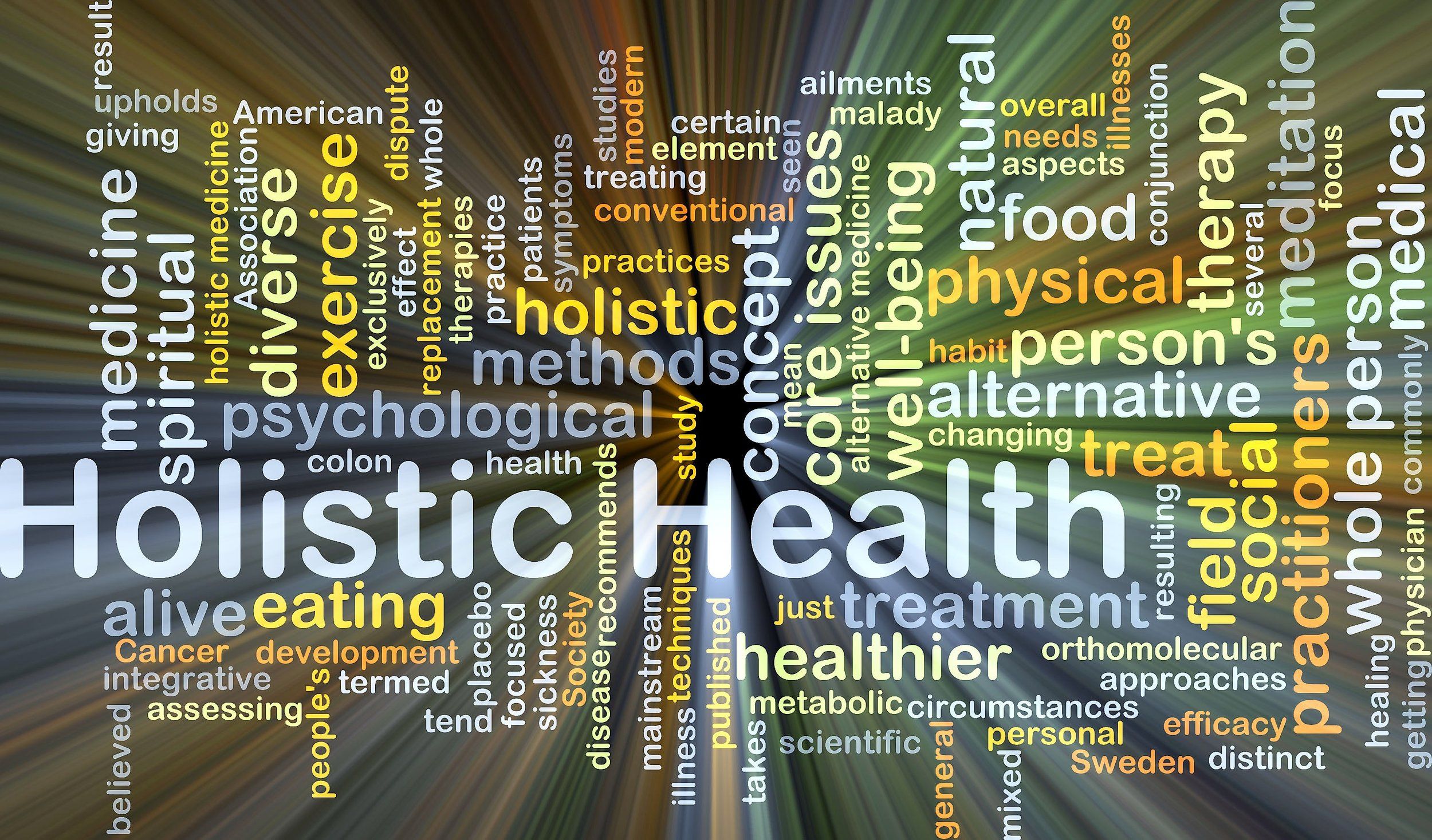Embracing Holistic Health is more than just a buzzword; it’s a lifestyle approach that considers the mind, body, and spirit as interconnected components of overall well-being. With its roots in ancient healing traditions, holistic health emphasizes balance, prevention, and self-care. This article delves into the principles of holistic health, its benefits, and actionable tips for incorporating it into your daily life.
What is Holistic Health?
Holistic health is an integrative approach to wellness that addresses physical, emotional, mental, social, and spiritual health. Instead of merely treating symptoms, holistic practices aim to identify and address the root causes of imbalances in the body and mind.
Core Principles of Holistic Health
- Interconnectedness: Recognizing that every part of the body is connected and that emotional and mental states can influence physical health.
- Prevention Over Cure: Emphasizing lifestyle choices that prevent illnesses rather than solely relying on treatments.
- Personalized Care: Acknowledging that each person’s health journey is unique and requires tailored solutions.
- Balance: Striving for harmony between work, relationships, nutrition, exercise, and relaxation.
Benefits of Holistic Health
- Improved Overall Wellness: A balanced lifestyle enhances physical health, mental clarity, and emotional resilience.
- Reduced Stress: Practices such as meditation and yoga lower stress levels and promote relaxation.
- Better Energy Levels: Proper nutrition, exercise, and sleep foster sustained energy throughout the day.
- Disease Prevention: A proactive approach helps mitigate the risk of chronic illnesses like diabetes, hypertension, and heart disease.
- Enhanced Emotional Well-being: Addressing mental health through therapy, mindfulness, and community support fosters a positive outlook on life.
Key Components of Holistic Health
- Nutrition:
- Focus on whole, unprocessed foods rich in nutrients.
- Incorporate a variety of fruits, vegetables, lean proteins, and healthy fats.
- Stay hydrated and limit sugar, caffeine, and alcohol intake.
- Physical Activity:
- Engage in regular exercise such as walking, swimming, or strength training.
- Try holistic movement practices like yoga, tai chi, or Pilates.
- Prioritize activities you enjoy to ensure consistency.
- Mental and Emotional Health:
- Practice mindfulness and meditation to manage stress and improve focus.
- Seek therapy or counseling to process emotions and foster personal growth.
- Cultivate healthy relationships and set boundaries to protect emotional energy.
- Spiritual Health:
- Explore practices like prayer, meditation, or journaling to connect with your inner self.
- Spend time in nature to foster a sense of peace and connection.
- Engage in activities that align with your values and purpose.
- Sleep and Rest:
- Aim for 7-9 hours of quality sleep each night.
- Establish a calming bedtime routine to signal your body it’s time to wind down.
- Limit screen time and create a restful sleep environment.
- Social Connections:
- Build and nurture meaningful relationships.
- Participate in community activities or volunteer work.
- Surround yourself with supportive and positive influences.
Popular Holistic Health Practices
- Meditation and Mindfulness:
- Practices that focus on the present moment and reduce anxiety.
- Apps like Headspace or Calm can guide beginners.
- Herbal Remedies:
- Use natural herbs like chamomile for relaxation or ginger for digestion.
- Consult with a healthcare provider before starting any herbal treatments.
- Acupuncture:
- An ancient Chinese practice that uses needles to stimulate energy flow and alleviate pain.
- Aromatherapy:
- Essential oils like lavender or eucalyptus can promote relaxation and improve mood.
- Chiropractic Care:
- Focuses on spinal alignment to enhance nervous system function and overall health.
- Massage Therapy:
- Relieves muscle tension, improves circulation, and fosters relaxation.
Challenges and Misconceptions
- Misperceptions About Effectiveness: Some people doubt the efficacy of holistic practices due to lack of familiarity or scientific evidence.
- Access and Affordability: Holistic treatments can sometimes be costly or unavailable in certain areas.
- Consistency: Maintaining a holistic lifestyle requires commitment and intentionality.
How to Start Your Holistic Health Journey
- Assess Your Current Lifestyle: Identify areas where you can make positive changes.
- Set Realistic Goals: Focus on one or two aspects of holistic health at a time.
- Educate Yourself: Read books, attend workshops, or consult professionals in holistic health fields.
- Build a Support System: Share your goals with friends or join a community for accountability.
- Track Progress: Keep a journal to monitor improvements in your physical, emotional, and mental well-being.
SEO Tips for Promoting Holistic Health Services
To succeed in promoting holistic health services online, consider these SEO strategies:
- Keyword Research: Use terms like “holistic wellness,” “natural health remedies,” and “benefits of holistic living.”
- Engaging Content: Publish blogs, videos, and infographics about holistic health benefits and tips.
- Local SEO: Optimize for location-specific searches with keywords like “holistic health centers near me.”
- Social Media Marketing: Leverage platforms like Instagram and Pinterest to share wellness tips and success stories.
- User Reviews: Encourage testimonials to build trust and credibility with potential clients.
The Future of Holistic Health
As awareness of holistic health continues to grow, advancements in technology and research are enhancing its accessibility and effectiveness. Innovations such as wearable health devices, personalized wellness plans, and integrative healthcare approaches are bridging the gap between traditional and modern practices. Additionally, the increasing focus on mental health and environmental sustainability aligns with the principles of holistic wellness.
Conclusion
Holistic health offers a path to balanced living by addressing the interconnectedness of the mind, body, and spirit. By embracing holistic practices, you can achieve greater well-being, prevent illnesses, and lead a fulfilling life. Whether you’re new to this approach or looking to deepen your commitment, the journey to holistic health is a rewarding and transformative experience. Start small, stay consistent, and let the principles of holistic health guide you toward a healthier, happier future.





